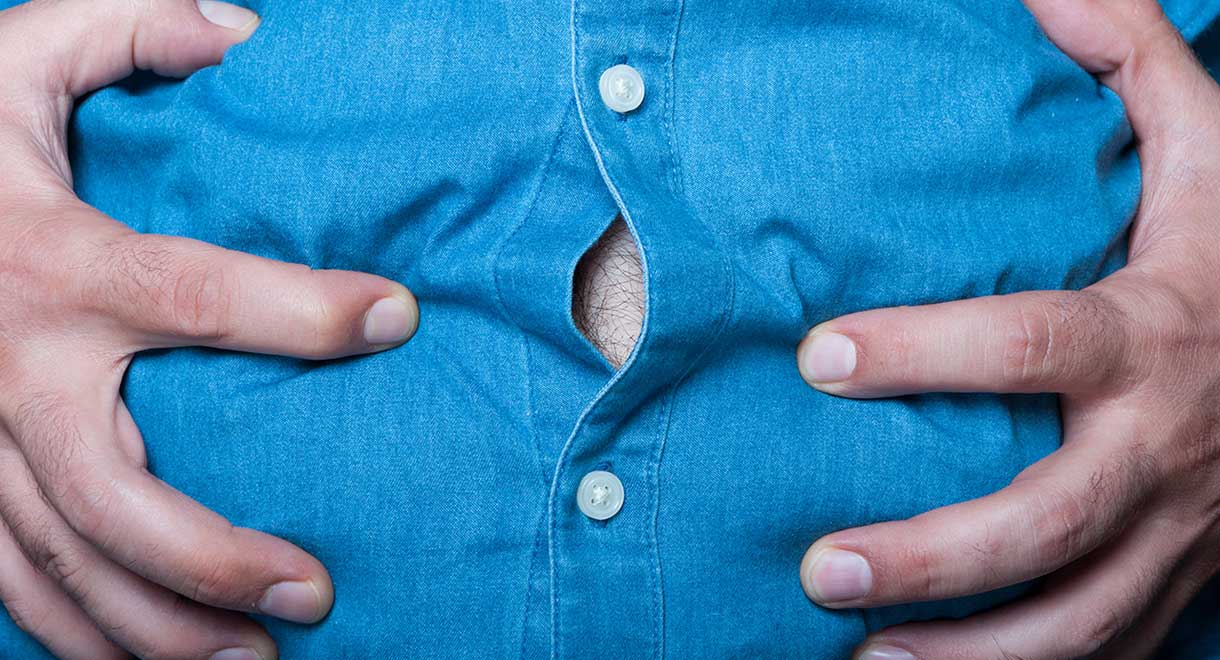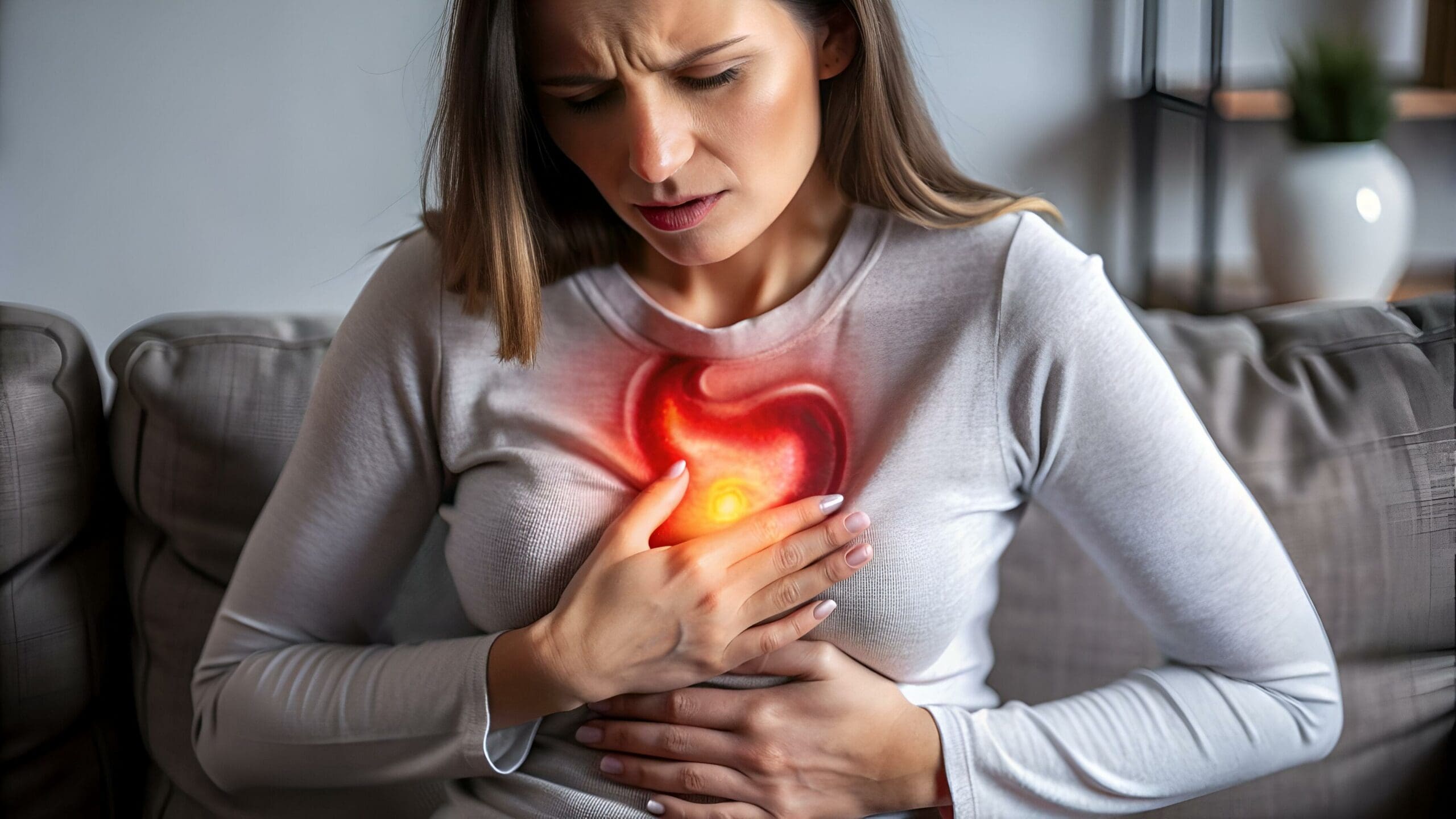Tips to reduce flatulence
By Jessah Robinson, Adv Dip (Nut Med)
Perhaps not the most glamorous topic, but passing wind is a natural human occurrence that we all do. However, if this becomes excessive it can make you feel uncomfortable or self-conscious, and may indicate an underlying health problem.


What causes excess flatulence?
- Constipation
- Dysbiosis (Unhealthy bacteria in the large intestine)
- Sudden diet changes, such as increasing high-fibre foods too quickly
- Consuming high-sulphur foods (garlic, cabbage, eggs, etc)
Ways to reduce flatulence
- Gradually incorporate more fibre-rich foods into your diet
Fibre is abundant in fresh fruits and vegetables, as well as LSA meal and chia seeds. LSA consists of ground linseeds, sunflower seeds and almonds that can be added to smoothies, cereals or protein balls. LSA and chia seeds are excellent for constipation and reducing bowel inflammation, and can be purchased in the health food section of grocery stores. Fibretone is a superfood for the bowels that is suitable for all types of constipation as it acts like an “intestinal broom”, sweeping the walls of the colon clean. - Eat mindfully
This includes being more intuitive with your eating by taking your time to chew, and eating in a relaxed setting. By focusing on the taste, texture and benefits of the food you are eating, this allows for better digestion as your enzymes have more time to break down your food. Eating in a rush or talking while eating can increase the amount of gas that builds up in your digestive system, causing flatulence. BactoClear contains herbs that assist digestive complaints and help to relieve flatulence. - Try an elimination diet
Gluten and dairy can be particularly common causes of excess flatulence. Try and exclude these foods for an 8-week period and see if you notice a difference. If there is no improvement in symptoms it may be worth trying a low FODMAP diet. FODMAPs are sugars present in many different types of foods that can cause symptoms such as flatulence in sensitive people. For more information see Dr Cabot’s book ‘Healthy Bowel, Healthy Body’. - Consider probiotics
Probiotics allow our good gut bacteria to flourish and can be obtained from fermented foods such as sauerkraut, kimchi, miso, kefir or kombucha or by taking probiotics in supplement form. If you have taken a course of antibiotics or other prescription medications it is especially essential to recolonise your gut with probiotics. Ultimate Gut Health contains nourishing fibres and the probiotic strain Saccharomyces boulardii to balance gut bacteria, improve digestion and aid nutrient absorption. - Reduce stress
It cannot be stressed enough, no pun intended, the importance of keeping stress to a minimum. Stress impacts our gut which can cause uncomfortable symptoms such as flatulence, indigestion, bloating and other digestive complaints. Ways to reduce stress include reading a good book, watching a favourite TV series, meditating, working up a sweat or listening to some relaxing music. Magnesium is a powerful mineral that promotes relaxation and relieves stress.









Great article